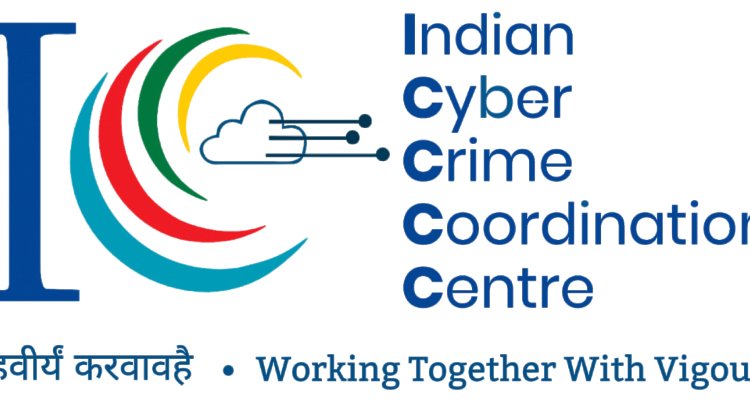Why India Needs a Strong Gaming Act: Protecting Children in the Digital Age
A strong Gaming Act is crucial for India to protect children from gaming addiction, financial risks, harmful content, and online harassment.
As time goes on, more and more children are beginning to spend their time online. Whether it be for school, socialising, or playing, children are always roaming cyberspace. Out of those, online gaming has recently skyrocketed in popularity and activities in India. Out of all the endless possibilities online, gaming is one of the most favoured choices for entertainment, learning, or even unleashing one's imagination. Despite the positives, there is absolutely no governmental structure pertaining to the risks it carries to children's safety. This is why the Gaming Act is absolutely crucial, not just preferred.
Online games are designed with reward mechanisms that keep players hooked for longer hours. Children, with developing self-control and judgment, are highly vulnerable to such addictive designs. Excessive gaming can affect physical health, academic performance, and mental well-being.
Case in Point: In 2019, the widely popular game PUBG had to be banned temporarily in several Indian states after reports surfaced of students skipping school, showing aggressive behavior, and even committing violent acts under the influence of the game. In some tragic cases, children spent entire nights playing, leading to sleep deprivation and anxiety.
A Gaming Act can regulate time limits, in-game design practices, and age-appropriate usage, ensuring children don’t fall into the trap of digital addiction.
Many online games integrate microtransactions—from buying skins and upgrades to loot boxes. Without proper regulation, children can easily spend large sums of money, often without parental consent.
Case in Point: In 2022, a 16-year-old boy from Uttar Pradesh allegedly spent ₹3.5 lakh from his parents’ account on in-game purchases without their knowledge. Similar incidents have been reported across India, where children unknowingly drained parents’ savings through online gaming platforms.
A strong law can introduce strict age-verification, parental consent requirements, and transparency in in-game purchases to shield minors from financial exploitation.
Not all online games are suitable for children. Violent, sexual, or gambling-themed content can leave lasting psychological impacts on impressionable minds.
Case in Point: The Blue Whale Challenge incident shook India in 2017, where teenagers were lured into completing dangerous self-harm tasks through an online game, leading to multiple suicides. Though not a traditional game, it exposed the vulnerability of children to harmful online content.
A Gaming Act can enforce rating systems, mandate warnings, and restrict access to inappropriate content, thereby ensuring that children are exposed only to age-appropriate games.
The multiplayer aspect of online gaming opens doors to interaction with strangers, which unfortunately can lead to cyberbullying, abusive language, grooming, and harassment.
Case in Point: During the lockdown, incidents of children being harassed in online gaming chatrooms spiked, with predators using platforms like Free Fire and Fortnite to lure minors into unsafe conversations.
A strong legal framework can mandate reporting mechanisms, moderation protocols, and accountability for gaming platforms to create a safe environment for young players.
Promoting Healthy Digital Habits
Regulation is not just about restrictions but also about promoting healthier alternatives. A Gaming Act can push for awareness campaigns, digital literacy programs, and responsible gaming initiatives that empower children and parents to make safer digital choices.
Aligning with Global Standards
Countries like China and South Korea have already taken bold steps. For example, China restricts minors to 3 hours of online gaming per week, while South Korea’s “Cinderella Law” prevents children under 16 from gaming between midnight and 6 AM.
India, with one of the largest youth populations in the world, cannot afford to lag behind. A robust Gaming Act will ensure that India aligns with global best practices, protecting its children while also encouraging responsible innovation in the gaming industry.
Conclusion
As gaming becomes an inseparable part of childhood, we must ask: Are we doing enough to protect our future generation from its hidden harms? A comprehensive Gaming Act is not about curbing fun—it is about creating a safe, balanced, and healthy gaming environment.
By addressing addiction, financial exploitation, harmful content, and online harassment, such legislation can safeguard children’s welfare and help them enjoy the positive side of gaming without falling prey to its darker aspects.
Children are the nation’s future, and their digital safety is a responsibility we must uphold. A strong Gaming Act is not just necessary—it is urgent.
Follow cyberdeepakyadav.com on
Facebook, Twitter, LinkedIn, Instagram, and YouTube
What's Your Reaction?

























